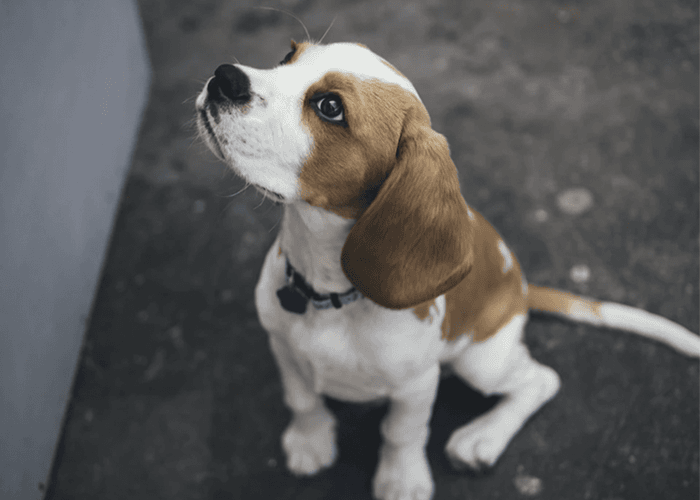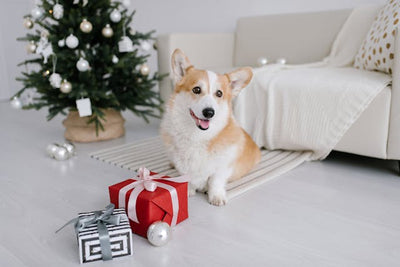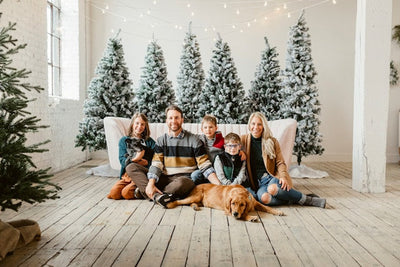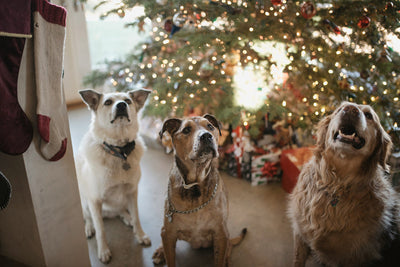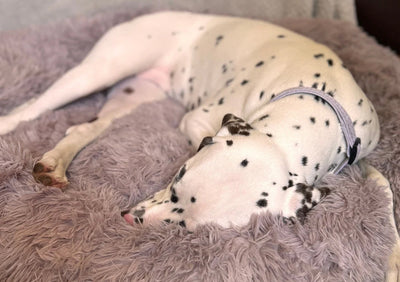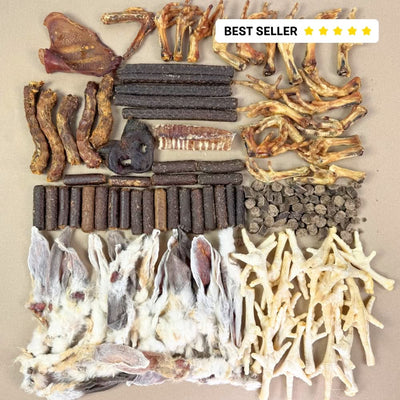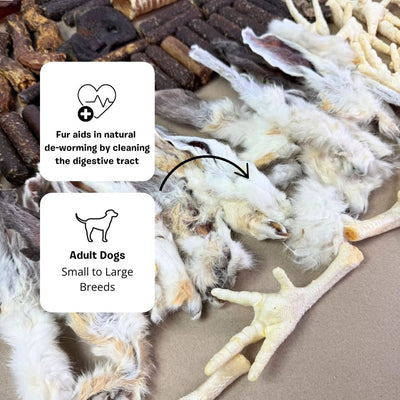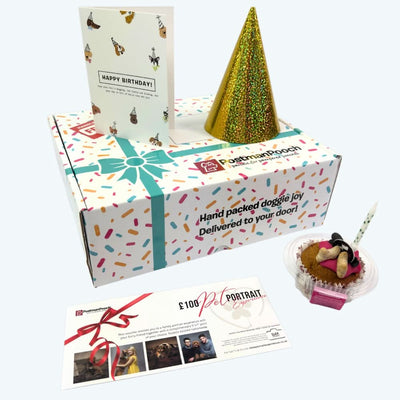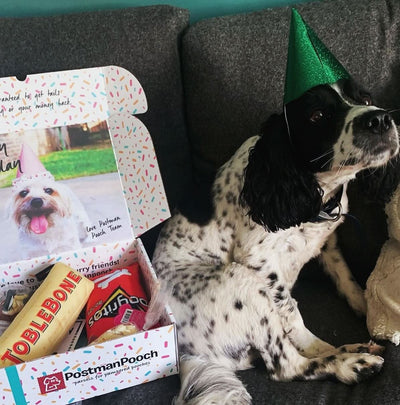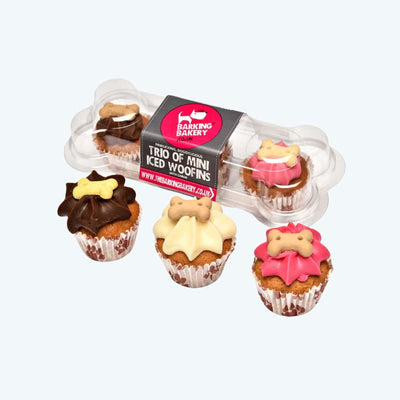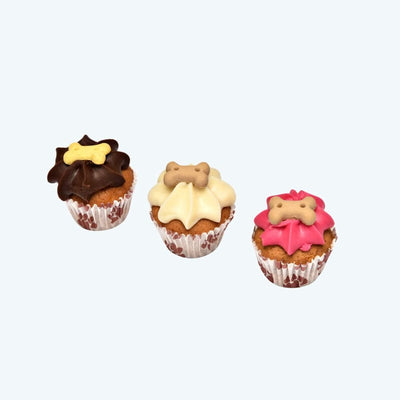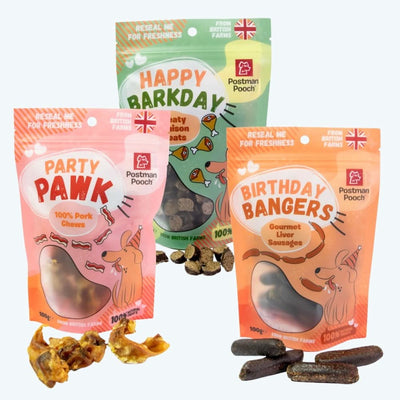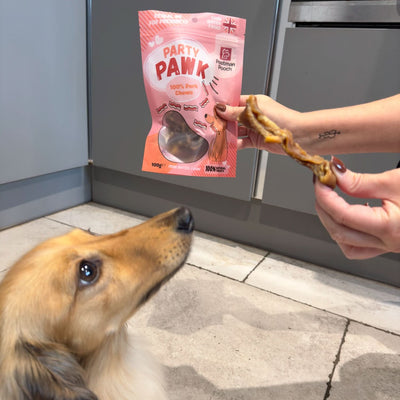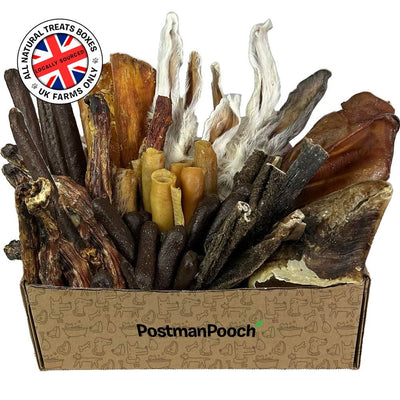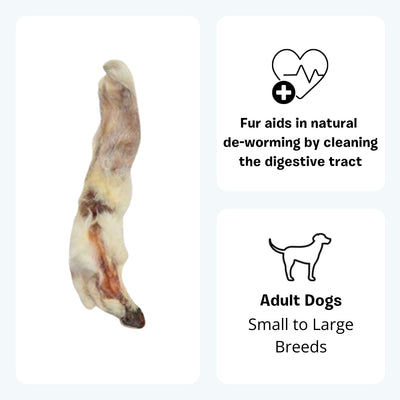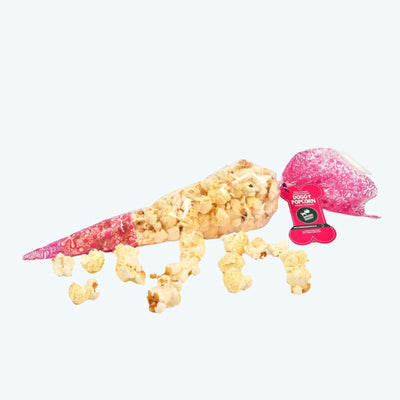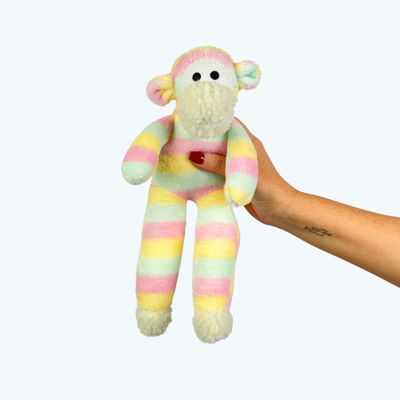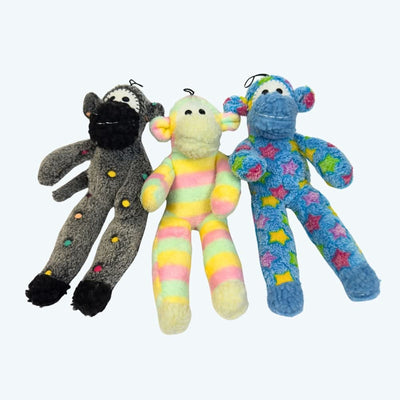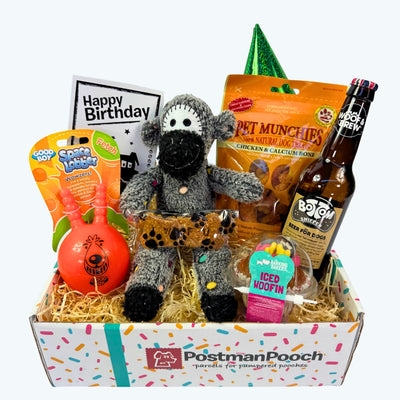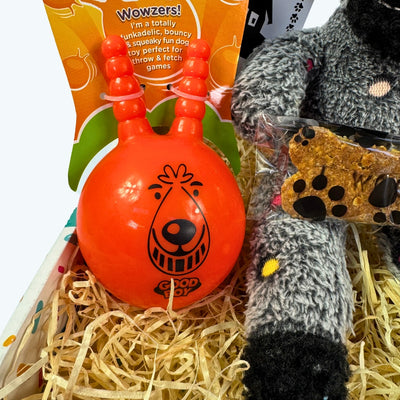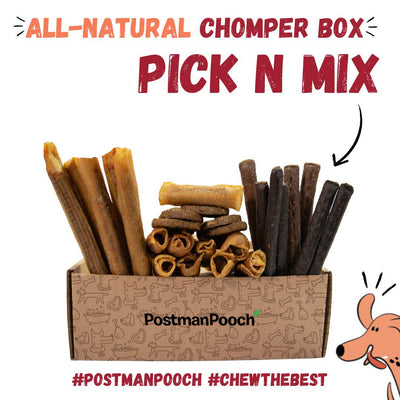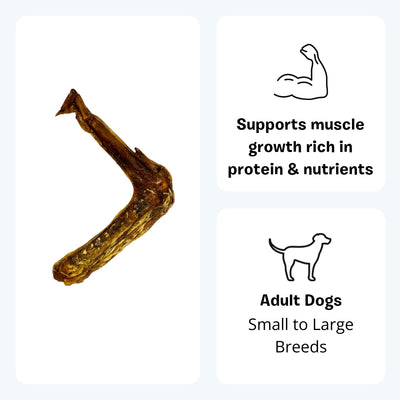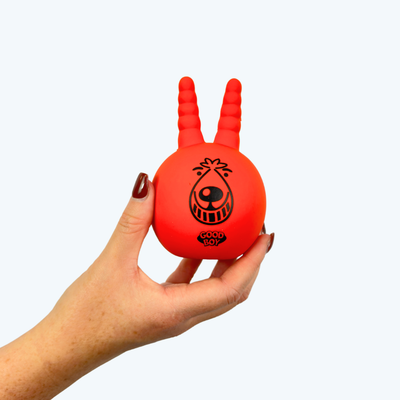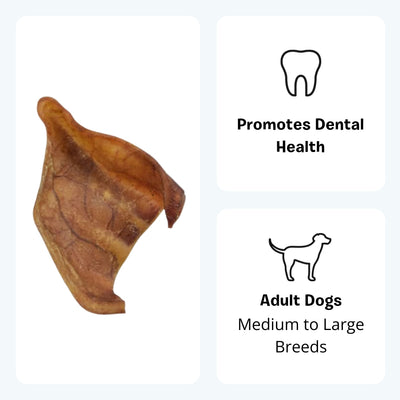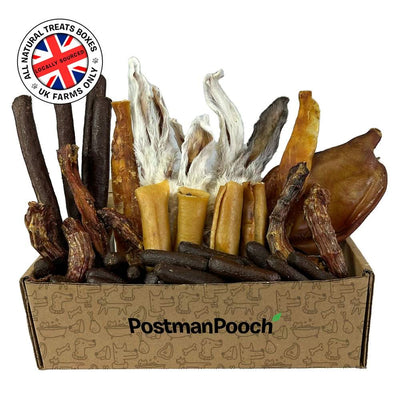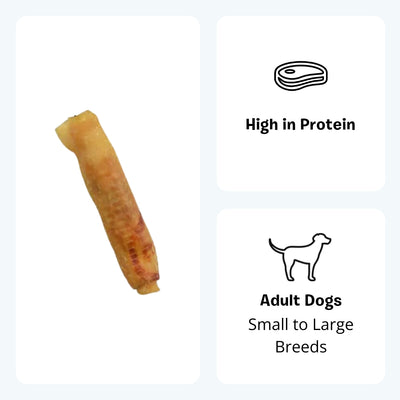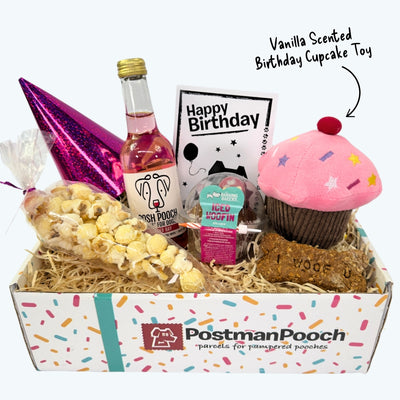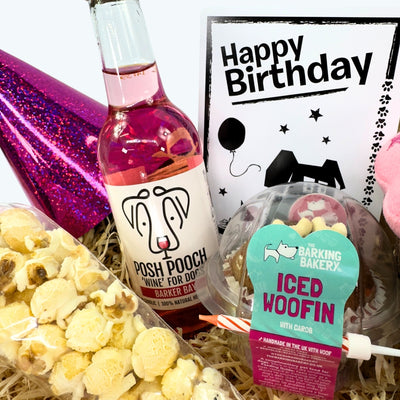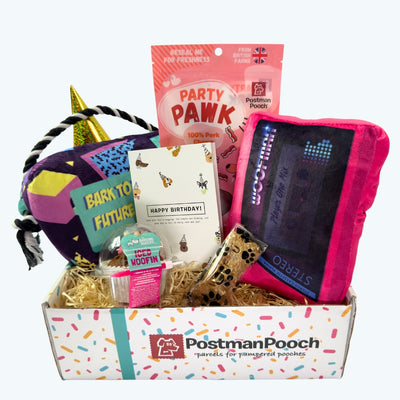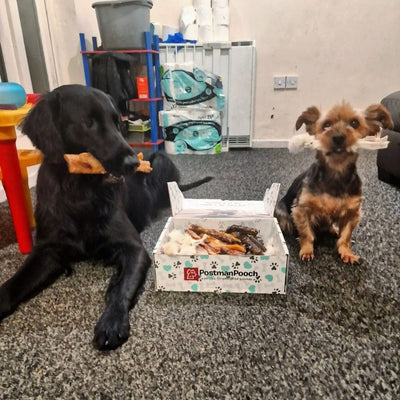Puppies are the UK’s number 1 favourite pet, they’re cute, cuddly, lovable but at times they can be a real pain in the backside! The key to keeping you and your puppy both sane is training, training from day one of having your puppy will always ensure he/she knows exactly who’s boss. We’ve put together our top training tips to help you get the best from your puppy.
Puppy Training Behaviour
When training your puppy the most important thing is to always think of your puppy as a toddler, a toddler has no concept of right or wrong and needs to be taught this from day one this is exactly the same with a young pup. During training, you need to always make sure you have a calm, assertive energy and try not to get annoyed at your young dog.
Puppy Training Equipment
Using a crate or dog bed is a crucial part of growing up for your young pup. From the early days, it gives your puppy a sense of security when you leave the house and he/she is left on its own. Baby gates can also have a huge benefit to fully training your dog correctly, by using baby gates you can block off restricted areas teaching your puppy what areas of the house are off limits.
What not to do when training your puppy
What not to do when training your puppy is just as important. Getting these wrong can affect how your puppy behaves as your dog gets older, develops and learns. A few of our top pointers are below :
- Try your best not to get upset when your puppy does something wrong, it may feel like he/she is doing it to irritate you but remember from our first point, your puppy is like a toddler and needs to be taught right from wrong, consistency and reputation is pivotal.
- Remember to always think 10 steps ahead, so anything that is acceptable when they’re small and cuddly but would be a big ‘no no’ once they’re fully grown; stop these bad habits from day one and it won’t be an issue once your young puppy grows up.
- Some first time dog owners make the big mistake of thinking their puppy is too young to start training. When in fact the earlier your dog starts hearing your voice and understanding commands, learning right from wrong the better.
Barking, Chewing and Other unwanted Behaviour
Most puppies tend to develop a love for chewing anything and everything in sight, especially trainers and heels. The best prevention method for this is something called a ‘bitter-apple’ spray. Mix something bitter into a spray bottle, something like lemon or vinegar will do the trick, if you can’t stand the smell of vinegar like most you’ll be better off using lemon. Read our article on bitter apple spray to find out how to make your own: D.I.Y Bitter Apple Spray for Puppies/dogs
Another way is to distract your young dog from chewing things that he/she shouldn’t chew on, by giving him things it can chew on. Buy a variety of toys with varied textures so he/she has a multiple choice of chewable toys, this is also crucial for the teething period.
Barking can be a bit trickier; it depends on what your young pup is barking at as to what training methods to use, the key is to get your dog barking for the right reasons. So at this point, you need to take time to work out exactly what your puppy is barking at, then from here, you can take on further research finding a training method to stop your young dog barking.
Socialising, Potty Training, Health and Grooming
Teaching your puppy to be affectionate is a great start to social training; nobody wants an angry, argumentative dog every time you go out on a leisurely walk in the park. Starting early take your puppy out and get him/her well exposed to dogs and people of all shapes and sizes, this includes people riding bikes, carrying backpacks, wearing hats, big dogs, small dogs, children, cats, cows, sheep, the more experiences as a puppy the better behaved he/she will be growing up.
For the first month at least it’s best to try and guide your puppy as much as possible. So as soon as your young dog starts to scratch or whine to go out for a restroom break, to prevent any accidents on the way carry them to the grass and let them do their business then reward him/her with treats, scratches and tickles, this way your puppy starts to learn that going to the toilet here is a good thing.
It’s highly important to exercise your puppy regularly, just not too much too soon, try to combine exercise with training, and rewards when he/she deserves them. Keeping teeth clean and healthy may seem like a pointless task with a dog but so many dogs these days are put down from heart or kidney disease caused by years of rotten infected teeth and gums, there are plenty of products on the market for keeping their teeth healthy and clean.
If you’re thinking of thinking of getting a puppy or require some help or advice for choosing the right breed of dog for you, do not hesitate to comment below and we will certainly give you all the advice you need in choosing the right dog for you.
